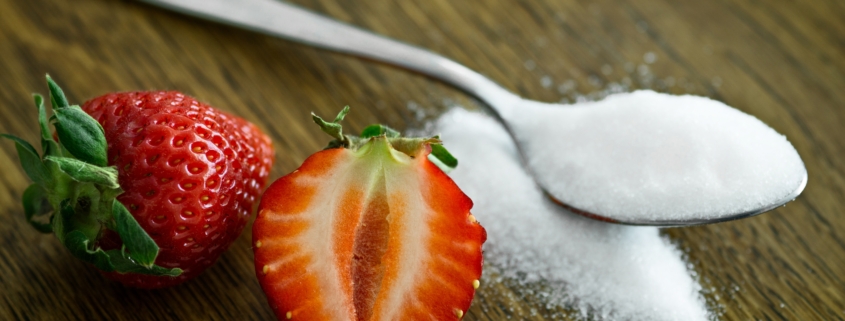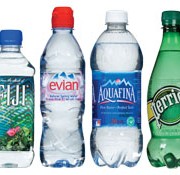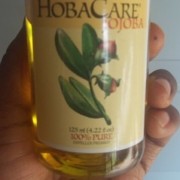Sugar – Why sugar is bad for your skin? – Facial Treatment Tips by Charene Beauty Salon
Sugar & High Glycemic = Increased Insulin Levels
Increased Insulin Levels = Inflammation
Inflammation of the Skin = Glycation

What is Insulin?
A hormone produced in the pancreas by the islets of Langerhans, which regulates the amount of glucose (type of sugar) in the blood.
What are High Glycemic Foods?
Foods that are assigned a value on The glycemic index according to how fast or slow a food cause blood glucose levels (blood sugar levels) to rise.
- High Carbohydrates
- Dairy Products & alternatives
- Fruits – such as oranges & pineapple
- Legumes
- Sugars – honey, glucose, fructose, sucrose
- Vegetable – such as potatoes & carrots
For a more in-depth look at High Glycemic foods click here from Harvard Medical School.
Why in this Case is Inflammation bad?
I am going to talk about chronic inflammation. Chronic inflammation is persistent low-level inflammation that never stops. The body perceives a threat when there isn’t one sending white blood cells to swarm but have nothing to do and nowhere to go, and they may eventually start attacking internal organs or other healthy tissues and cells. It can lead to muscle loss, and certain diseases such as Alzheimer’s, arthritis, cancer, diabetes, and heart disease. As well as causing glycation of the skin.
What is Glycation? How Does it Affect Skin?
Glycation is when sugar molecules attach to fat and protein (such as collagen) molecules making those molecules ridge. Causing collagen a protein to become inflexible making elastin in your skin less elastic. Collagen and elastin keep your skin firm and wrinkle-free. The loss of collagen and elastin, which as we age do lose over time but is exacerbated by inflammation causes sagging skin, wrinkles, acne, and Rosacea. Glycation also causes free radical formation and oxidative stress. Free radicals can damage the skin by trying to grab an extra electron from atoms in the skin. When atoms are taken away from molecules in the skin, it causes damage to our skin’s DNA that increases skins aging. Again causing loss of collagen and elastin as well as causing pigmentation to the skin in spots as well as broken blood vessels. While oxidative stress is when the balance between the production of free radicals and other bodies’ antioxidant defenses is exacerbated. Oxidative stress causes the skin to lose collagen and elastin as well as causes skin pigmentation.
Following a healthy diet by a dietician or doctor that has less sugar and low glycemic food will help not only your skin but your entire body and your aging process.












